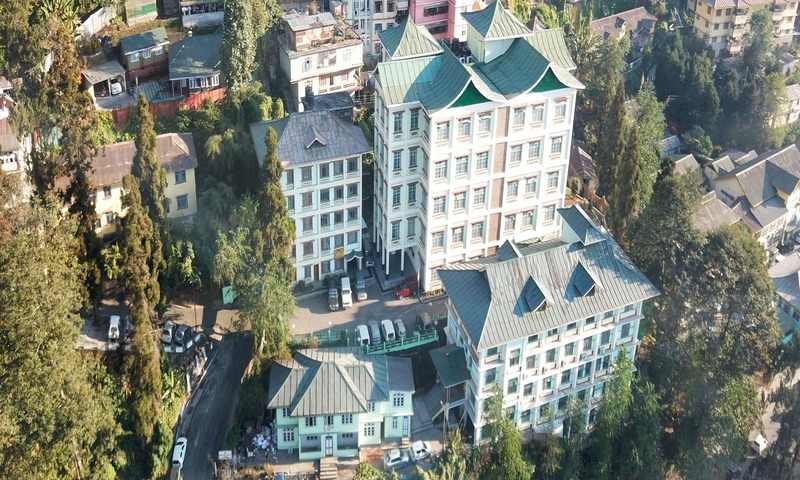On Monday (10th January), the Sikkim High Court issued directions to the Forest, Environment and Wildlife Management Department, Government of Sikkim to prevent indiscriminate felling of trees in order to implement the Gangtok Smart City proposal. A letter petition from Kailash Pradhan, an Architect from Sikkim concerned about the erratic and rampant felling of trees in...

